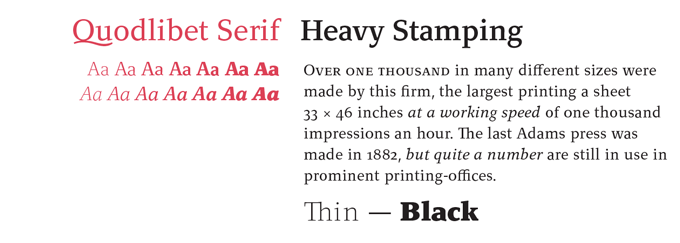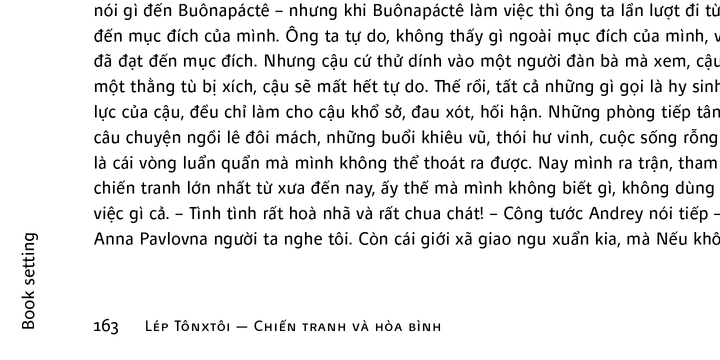
Footnote 6 By examining Badiou’s and Agamben’s projects with reference to the pre-modern “classical” conception of transcendentality, this article seeks to offer a new perspective not only for the interpretation of Badiou’s and Agamben’s influential work, but also for our understanding of the place of “transcendentality” in contemporary philosophy and its relation to the developments in the history of western metaphysics more broadly.

While there have been some insightful studies on Badiou’s and Agamben’s complicated relationship with Kant’s transcendental idealism in the existing philosophical literature, Footnote 5 there has been little discussion of how their ontologies relate to the “classical” transcendentals as expounded in pre-modern metaphysics. But although both Badiou’s and Agamben’s ontologies have “transcendental” notions which bear remarkable resemblances to the classical transcendentals, as opposed to the “essentialist” character of classical metaphysics, both of their projects are attempts to develop an “inessential” ontology that does not prescribe or impose any essence or nature onto things themselves: For both Badiou and Agamben, the identity and quality of beings are not defined or measured by some transcendent source of essence. Footnote 4 While this pre-modern “classical” conception of transcendentality is often found in explicit discussions of the Scholastic transcendentals of the one, the true, and the good across Agamben’s various works, a classical conception of the transcendental can also be implicitly found in Badiou’s mathematical ontology which is consciously developed in opposition to Kant’s transcendental idealism. Although Badiou and Agamben are by no means “transcendental” philosophers in the Kantian sense, this article argues that their respective projects of ontology both recover a pre-modern or indeed pre-Kantian classical sense of “transcendentality” as the essential properties of being which can be universally found in any and every particular thing insofar as it exists.

This article offers an examination of the role of the “transcendental” in the works of Badiou and Agamben. Footnote 2 According to Agamben, it was with Kant’s re-definition of “the transcendental” that philosophy ceased to “think Being”: “when with Kant the transcendental ceases to be what thought must get to the bottom of and instead becomes the stronghold in which it takes refuge, then philosophy loses its relation with Being.” Footnote 3 For Agamben, as for Badiou, Kant’s “transcendental” turn marks a devastating turning point in the trajectory of western philosophy or even the so-called history of Being.

Footnote 1 Such an attempt to “think Being” is also found in the works of Giorgio Agamben, who shares with Badiou a certain hostility towards Kant’s critical injunctions on ontology. By replacing the divine names of the one, the true and the good in traditional metaphysics with a new yet quasi-classical transcendental notion of “the void” as a universal predicate of all beings, Badiou’s and Agamben’s works may be regarded as projects that go beyond both the pre-Kantian “theological” and the post-Kantian “subjective” conceptions of transcendental philosophy, thereby marking a new development in the history of western metaphysics.īy his very own description, Alain Badiou’s philosophy is “resolutely classical” in the sense that it “does not submit to the critical injunctions of Kant.” For Badiou, to be a “classical” philosopher is to see “the Kantian indictment of metaphysics as null and void” and to hold that it is “possible to think Being” once again. However, as opposed to the essentialist or even theological tendencies of traditional metaphysics, Badiou’s and Agamben’s ontologies are committedly “inessential” and atheistic at their very core.

Not unlike how pre-modern philosophers conceived of oneness, truth and goodness as transcendental properties of all things, both Badiou’s and Agamben’s ontologies present various structures which can be universally predicated of all being. While neither Badiou nor Agamben are “transcendental” philosophers in the Kantian sense, this article argues that their respective projects of ontology both recover aspects of the “classical” conception of the transcendentals. This article offers a reading of the “transcendental” character of Alain Badiou’s and Giorgio Agamben’s ontologies.


 0 kommentar(er)
0 kommentar(er)
